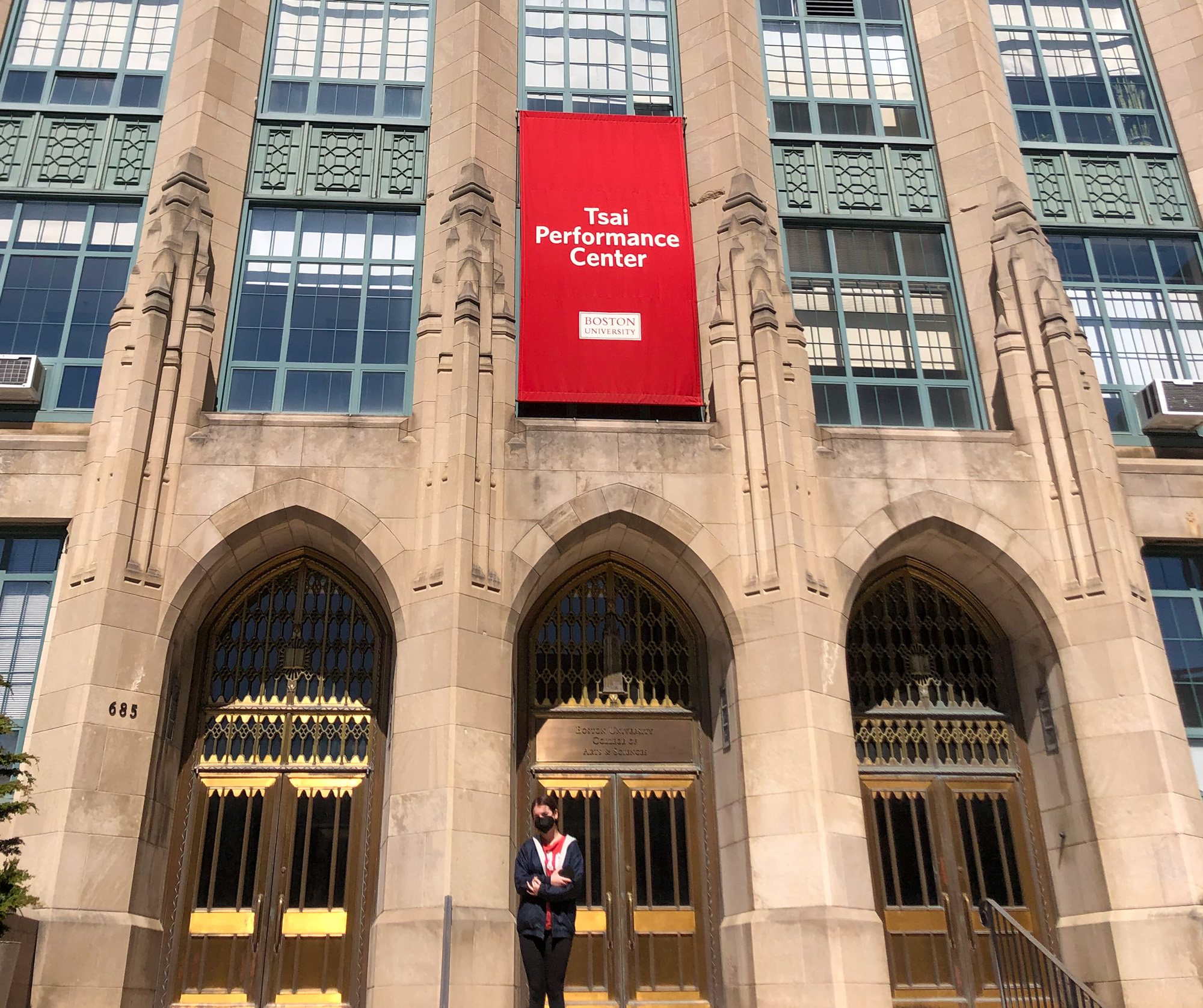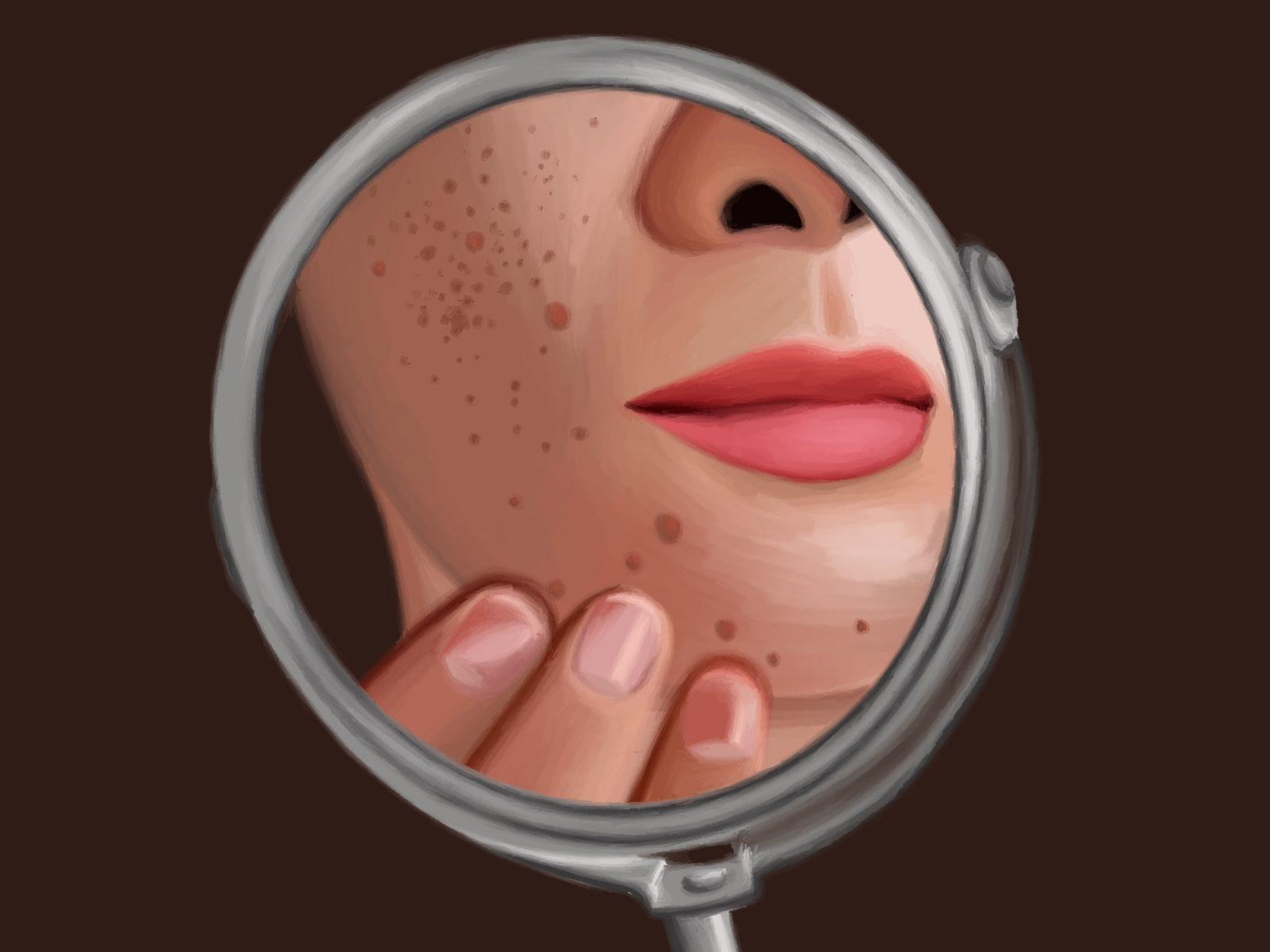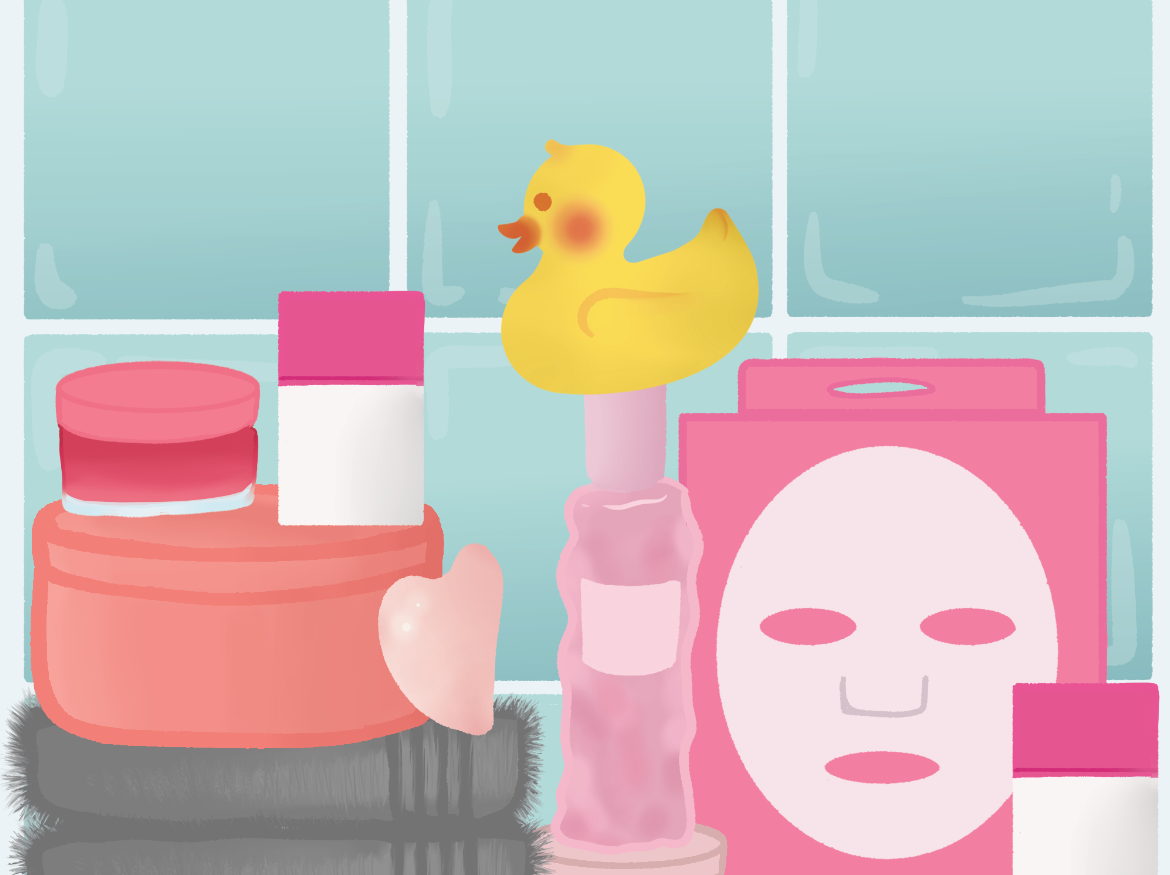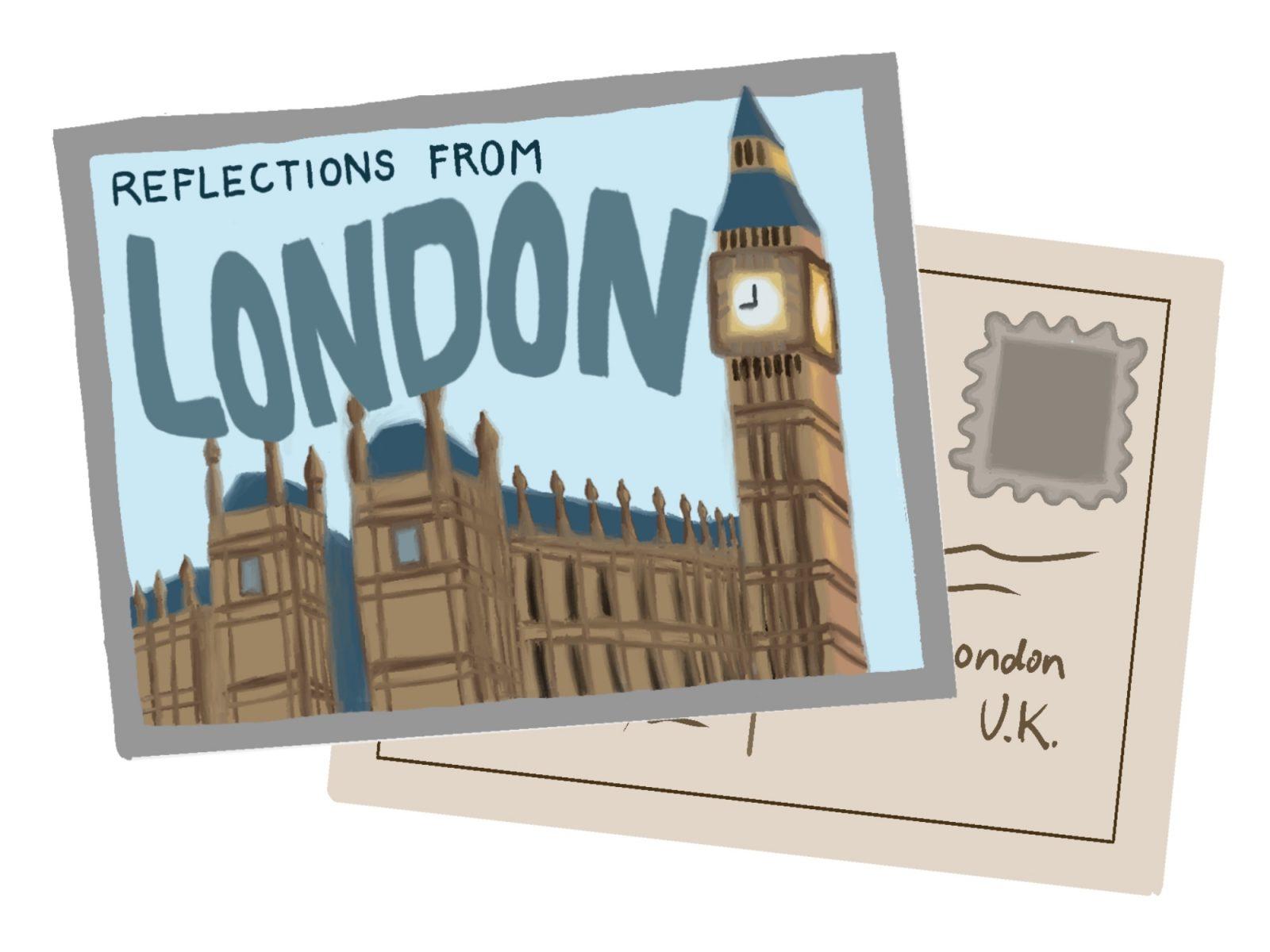Growing up just 45 minutes from New York City, I spent my childhood traveling in and out of Manhattan. I hated it.
The crowds, sirens and bright lights all felt like too much. I told myself I just wasn’t a “city person.”

Somewhere along the way, that changed. Slowly, the very things I once found overwhelming started to feel exciting: the chaos, the independence of public transit and the charge of knowing something was always happening.
Eventually, I craved that energy.
When it came time to apply to colleges, I knew I didn’t want to spend four years somewhere quiet or rural. My older sister thrived at Binghamton University, with its classic quad lawns and wooded surroundings, but I knew it wasn’t my path.
I needed more people, more noise and more possibility.
I needed a city.
That’s what brought me to Boston University. I laugh when I see the photo of me at 17 years old standing outside of the Tsai Performance Center with a COVID-19 mask on. My younger self was completely unaware that in just a few years I’d be performing inside, four separate times, with BU On Broadway.
Now, as I begin my final year, I can say with confidence: You don’t need tailgates or a packed football stadium to have a full college experience. You just need to be open to a different version of one.
Boston is a student city
People assume city schools lack a “real campus” or any true sense of community, but Boston is literally built around its students.
More than 250,000 students span 50 campuses across the city. Step onto the Green Line and you’re surrounded by kids from BU, Northeastern, Harvard and Suffolk, to name a few. Whenever I say Boston is the best place to be for college, people nod in instant agreement. Boston pride is strong.
The sheer number of students creates its own safety net. I never expected to feel secure living as a woman in a city, but there’s reassurance in walking out the door and knowing most people around you are students navigating their lives, just like you. It doesn’t just feel like you live here — it feels like you belong here.
Boston is also uniquely social. You bump into people from all different schools at concerts, bars and coffee shops, something that doesn’t happen as naturally at isolated state colleges where the social scene stays mostly on campus.
Big city, manageable scale
Boston has city energy without being so massive that it swallows you whole. I like to think of it as a starter city: not as overwhelming as New York, but still pulsing with life.
One night, you might cut through the Theater District with neon marquees lighting the streets, while the next day you’re stretched out on the Esplanade docks or having a picnic in Amory Park.
Boston is vibrant and alive, but it still allows you to breathe.
Then there’s the T, which deserves its own chapter in the Boston college experience handbook.
I’ve lost track of how many times it’s gone “express” when I needed to get off or sat delayed for half an hour in a tunnel. But it’s also a form of freedom.
During my first week at BU, when my roommate and I barely knew each other, we hopped on the Green Line with no destination in mind. We thought we were adventurous for riding it all the way from Babcock Street to Boston College.
Looking back, it was nothing. But at the time, the city felt enormous. This was the first time I felt truly independent, and that’s a feeling I’ll never forget.
That ride turned into hours of wandering, getting lost and figuring things out together. Now, three years later, we’re living in our very own two-bedroom apartment, still laughing about that night and holding onto a memory that rooted our friendship from the very start.
Real growth beyond the classroom
One of the best parts of city-college living is how the city blends into your education.
I am currently taking a semester off from classes for a co-op, and I’ll never forget my first morning of work. I felt completely out of my depth, like I was in a role I wasn’t qualified for. A week later, I was making decisions that actually mattered.
That’s the push cities give you. You can grow in college anywhere, but in Boston, opportunities are constantly at your doorstep. You just have to do the uncomfortable work of stepping out and seizing them.
From navigating a snowstorm to make a meeting, to speaking up in a room where you’re the youngest by a decade to figuring out an unfamiliar neighborhood when the T breaks down, Boston gives you little tests that pile up and change you when you’re not looking.
It was never solely about adding lines to my resume. It’s also about proving to myself that I could figure things out in real time, in the real world.
A social life that’s never repetitive
My high school friends tell me that at more traditional schools, nightlife can get stuck in a loop: the same basements, bars, parties and stories. Boston never feels like that.
Sure, you have the classic BU Pub, but you also have experimental theater shows, last-minute concerts, museums, stand-up comedy, late-night karaoke, Red Sox games and fancy dinners in the North End.
My favorite nights often ended with me and my friends chasing some random, overly ambitious plan we’d found on social media. With public transportation and so many campuses feeding into one hub, you don’t run out of options — you just run out of energy.
That’s the one negative. Living in a city is tiring as heck!
It still feels like college
For all of Boston’s big-city perks, BU gave me the classic college moments too — late-night study marathons, bad dining hall meals, chaotic student club drama and trudges through the snow to an 8 a.m. class.
The difference is that when the campus got too small, I had an entire city waiting. College never felt like pressing “pause” on life. It has always felt like stepping into the start of it.
Boston shaped me. I found my best friends, my voice and my independence here. I performed in theaters I used to walk past as an insecure high school student. I danced in bars that didn’t let me in freshman year. I ate more pasta in the North End than I’ll ever admit, wandered random neighborhoods alone, sprinted through the streets barefoot and screamed at hockey games without knowing a damn thing about the sport.
It definitely wasn’t the “traditional” college experience.
It was mine.
And I’d do it a million times over if I could.
























































































































Reneé • Sep 5, 2025 at 11:03 am
Another amazing read! You’re such a talented writer and you’re going places!